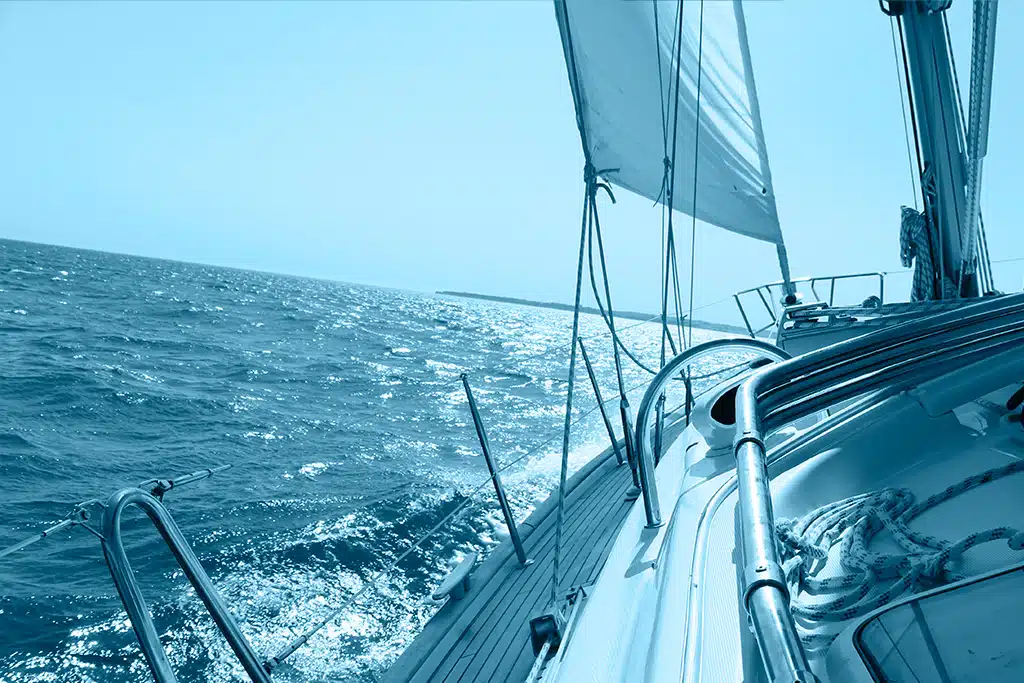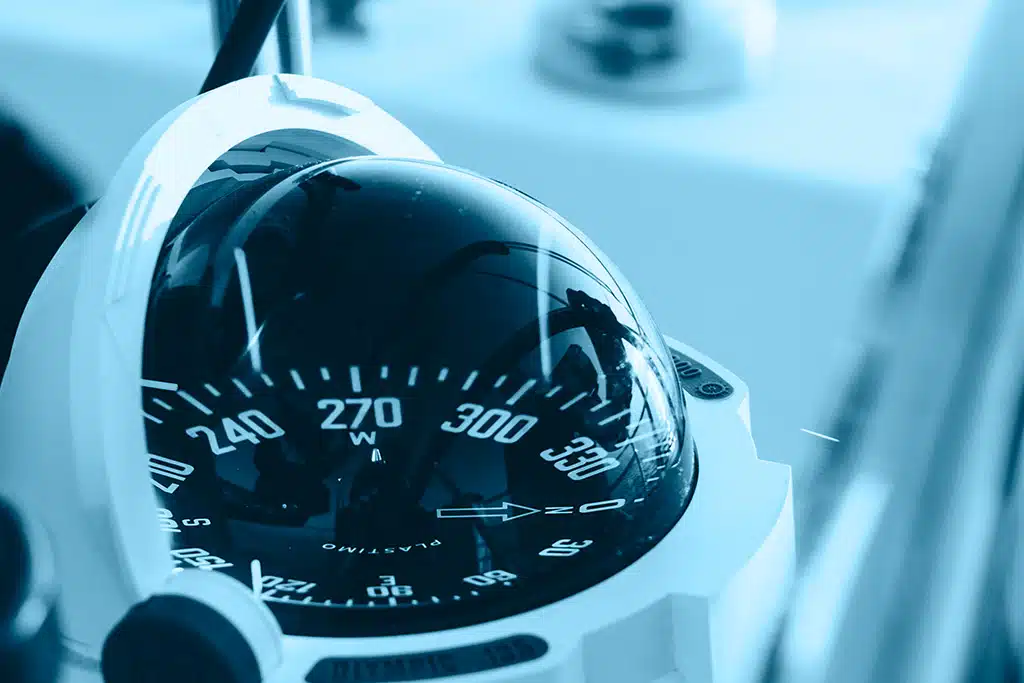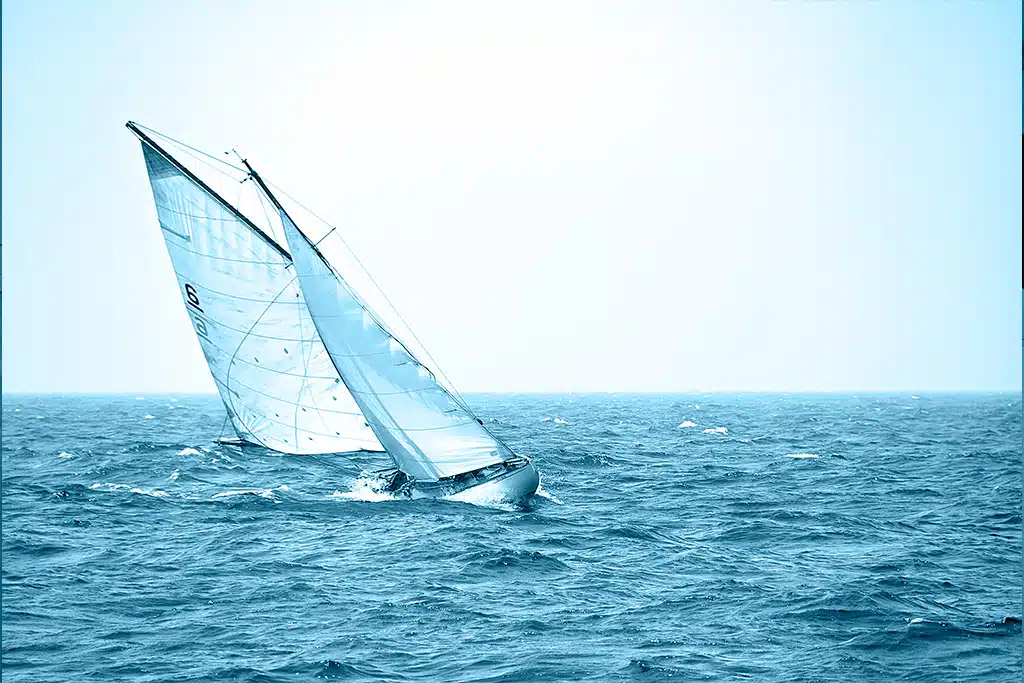Failure-Based Learning Behaviors: How To With F.A.I.L.U.R.E.
While humans are inherently fallible, our fear of failure and avoidance of acknowledging failure are common due to negative emotions and adverse consequences. Nonetheless, it’s essential to recognize that failure is integral to living, learning, evolving, growing, and innovating. Everyone sometimes fails at something, and it takes courage to lean into vulnerability by disclosing mistakes, errors, and failures. This blog will teach you to think like a scientist regarding failure, embrace a growth mindset and failure-based learning behaviors: how to with F.A.I.L.U.R.E.
What are you doing in your organization to promote an interpersonal climate of speaking up regarding mistakes, failure, and errors?
How to Think Like a Scientist About Failure
Scientists constantly experiment and test new ideas, and many of those experiments fail. But scientists don’t necessarily see failure as a bad thing. Instead, they see it as an opportunity to learn and improve.
Embrace Scientific Mindset
- Failure is necessary for learning. Scientists design experiments to test their hypotheses, and many fail. This is okay because it tells them something about their hypothesis. They can then use that information to refine their hypothesis and try again.
- Failure is a source of information. Scientists don’t just see failure as a black-and-white issue. They see it as a source of information that can help them to learn and grow. They carefully analyze the data when an experiment fails to see what they can learn. They look for patterns and trends and try to understand why the experiment failed.
- Failure is not the end of the world. Scientists know that failure is a normal part of life. They don’t let it discourage them from pursuing their goals. Instead, they see it as a challenge to overcome. They learn from their failures and keep moving forward.
Embrace a Growth Mindset:
Core Beliefs: View challenges as opportunities to learn and grow.
Embrace Challenges: Take on challenges and view them as a chance to develop new skills and knowledge.
Effort and Persistence: Instead of giving up easily, individuals with this mindset are willing to put in the hard work required for mastery.
Learning from Setbacks: Instead of feeling defeated, those with a growth mindset analyze what went wrong, adjust their strategies, and try again.
Open to Feedback: Open to constructive feedback and criticism.
What are failure-based learning behaviors?
Use the acronym: F.A.I.L.U.R.E.
F-Framing Work as a Learning Problem
Shifting perspective to view work as an opportunity for growth and learning rather than solely focusing on execution.
A- Admitting Mistakes, Failures and Errors
Being willing and vulnerable to acknowledge mistakes, failures, and errors.
I-Investigating with Curiosity
Engaging in situations with an open and curious mindset rather than a fixed and incurious mindset.
L- Learning Forward
Embracing continuous learning and improvement to strive for excellence.
U-Understanding Mistakes Positively
Recognizing that mistakes can provide valuable learning experiences.
R- Repairing Ruptures and Rebuilding Relationships
Addressing and resolving conflicts or damage caused by mistakes to rebuild trust.
E- Embracing Failure
Cultivating a positive attitude towards risk, mistakes, fallibility, and failure.
S- Sharing Past Mistakes
Discussing and reflecting on previous errors without feeling embarrassed.
Conclusion
Failure is a natural part of being human. However, many people view all failures as a negative experience and avoid it at all costs. Conversely, scientists and those with a growth mindset see failure as an opportunity to learn and improve. They embrace failure and use it to their advantage.
We can all become more successful by thinking like a scientist about failure, embracing a growth mindset, and embodying the failure-based learning behaviors with the F.A.I.L.U.R.E. acronym framework.
Lastly, we can create an interpersonal climate in the workplace that embraces a psychologically safe speak-up culture regarding errors, mistakes, and failures. We can learn from our failures, adapt our approach, and keep moving forward. Remember, failure is not the end of the world. It’s just a part of the journey to success and innovation.
Reflections
What is your favorite failure story?
Recommended Reading
Act Like a Scientist by Stefan Thomke and Gary W. Loveman
The Right Kind of Wrong: The Science of Failing Well by Amy Edmondson
New Research Shows That Some Failure Is Praiseworthy by Dr. Ruth Gotian
#rightkindofwrong
Meet Jodie, your Culture & Transformation Captain. With over twenty years helping people change, facilitating team discussions, building cultures, designing, implementing and teaching classes, your organization is in good hands.


